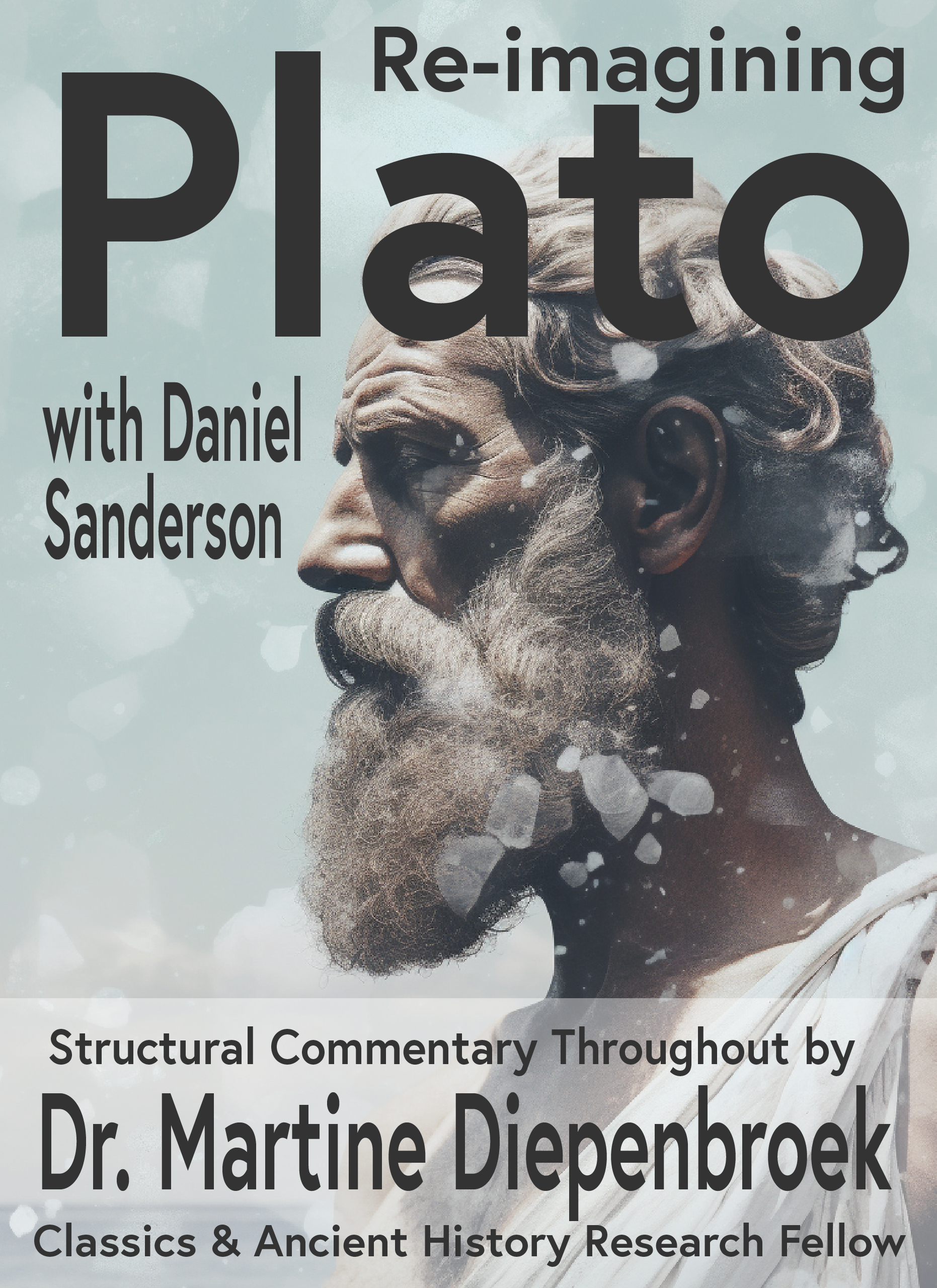The Influence of Western Philosophy on Eastern Thought
The cross-pollination of ideas between different cultures has been a driving force in the evolution of human thought. One notable example is the influence of Western philosophy on Eastern thought. Over the centuries, Western philosophical ideas have found their way into the fabric of Eastern philosophies, resulting in a unique blend of perspectives that have shaped the intellectual landscape of the East. In this article, we will explore the intriguing interplay between Western and Eastern philosophies and how they have enriched each other. Alongside this exploration, we invite readers to join planksip, a platform that fosters intellectual discourse and offers various membership plans to cater to different needs.
The Early Encounter: The Spread of Western Philosophy to the East
The initial contact between Western and Eastern thought can be traced back to the Hellenistic period when Alexander the Great's conquests extended Greek influence into Asia. The merging of Greek philosophy, particularly the works of Plato and Aristotle, with local intellectual traditions in the East laid the foundation for a fruitful exchange of ideas.
One of the most significant instances of this cross-cultural exchange occurred during the Hellenistic period in India, where Buddhist philosophers engaged with Greek thinkers. For example, the Buddhist school of thought in India integrated concepts such as logic and metaphysics from Greek philosophy into their teachings. This exchange of ideas continued throughout the centuries, leading to new schools of thought in the East that synthesized elements of both Western and Eastern philosophies.

Zen Buddhism and Existentialism: A Meeting of Minds
In the 20th century, the influence of Western philosophy on Eastern thought became more pronounced. For example, introducing existentialist ideas from Western thinkers like Friedrich Nietzsche and Søren Kierkegaard profoundly impacted Zen Buddhism, a school of thought emphasizing direct experience and intuitive understanding.
Existentialist concepts such as individual freedom, authenticity, and the search for meaning resonated with Zen practitioners, leading to a fusion of ideas that enriched both traditions. This intersection resulted in a unique form of Zen Buddhism that incorporated existentialist themes, highlighting the universality of human existence and the importance of individual responsibility.
The Influence of Western Epistemology on Indian Philosophy
Western epistemology, emphasizing logic and rationality, also entered Indian philosophy. The Nyaya school of Indian philosophy, which focuses on analyzing knowledge and logical reasoning, drew inspiration from Aristotelian logic and formalized its system of reasoning and argumentation.
The cross-pollination of ideas between Western epistemology and Indian philosophy not only strengthened the analytical aspects of Indian thought but also encouraged a deeper exploration of the nature of knowledge and perception.
Join planksip and Embrace Intellectual Engagement.
As we delve deeper into the fascinating exchange of ideas between Western and Eastern philosophies, it becomes evident that the intellectual journey is continuously shaped by the diverse perspectives that intermingle. To join this enriching journey, we invite readers to join planksip, a platform that fosters academic discourse and offers various membership plans to cater to different needs.

Free Plan: Sign up for the Newsletter and Access to Contributors
By signing up for the free plan, readers will receive regular newsletters with thought-provoking content. Additionally, they will have access to contributors, including writers with a moderate social media following, who provide unique insights and perspectives.
50|50 Plan: Enhanced Benefits for Intellectual Growth
For those seeking a more comprehensive intellectual experience, the 50|50 plan offers a range of benefits. Subscribers gain access to literary analysis tools that aid in exploring and interpreting various texts. Moreover, planksip offers journalist training for individuals interested in honing their writing skills. The Co-Creator Club allows collaboration with like-minded individuals, fostering creativity and innovation. Additionally, subscribers receive a podcast promotion plan and the opportunity for sponsorship from planksip.
Ideal Partnership: Unlocking Personalized Co-Creation and Publishing Services
The Ideal Partnership plan offers various exclusive benefits for the most dedicated members seeking a deeper level of engagement. Subscribers gain access to planksip Founder Daniel Sanderson for personalized content co-creation. They can choose from three pathways: participating in the Writer's Cooperative competition, hosting a video podcast series with platforming, production, and promotion support, or utilizing planksip's publishing services.
Furthermore, Ideal Partnership subscribers enjoy official planksip contributor status, granting them permission for soft or hard publishing based on the quality of their work. In addition, access to literary analysis tools, including the planksip P.A.S.F. (Plato, Aristotle, Socrates, and Friends) and index analysis with instance counts and other custom categories, enhances their intellectual exploration. Finally, the plan includes free content creation services, ensuring a seamless experience for passionate contributors.

Conclusion
The influence of Western philosophy on Eastern thought has been a captivating journey of intellectual exchange. From the early encounters between Greek and Eastern thinkers to the modern fusion of Zen Buddhism and existentialism, Western ideas have enriched Eastern philosophies and vice versa. As readers explore this dynamic interplay, we encourage them to join planksip—a platform that fosters intellectual engagement and offers various membership plans to suit different needs. Whether signing up for the newsletter, accessing literary analysis tools, or embarking on a personalized co-creation journey, planksip provides a space where individuals can contribute, learn, and grow as part of a vibrant intellectual community.

Plato Re-Imagined
This course includes 32 lectures covering most of Plato's dialogues and allowing the student to return to something divine. Divinity should resonate with secular and religious leaders alike. I present a compatible approach in my lecture on Consilience.
Also included with this course is a free book. If you pay for the course, you will get a physical copy of the book for free, mailed to your chosen address — anywhere on the planet!






